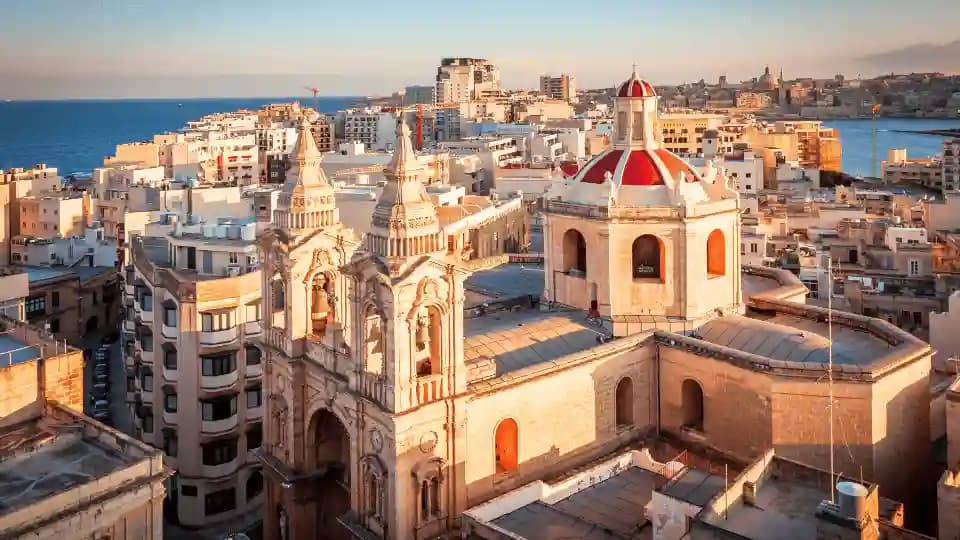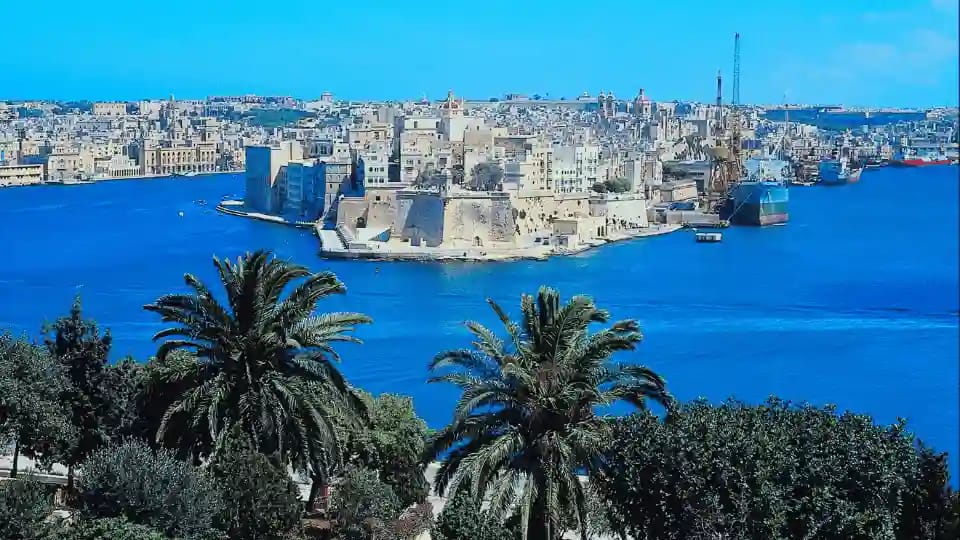EU bans Malta's golden passport scheme: What's next for rich investors?
An EU member state "cannot grant its nationality - and indeed European citizenship - in exchange for predetermined payments or investments
Malta’s investor citizenship programme had allowed individuals to acquire citizenship by making a minimum donation of €600,000 ($684,400), purchasing property, and making voluntary contributions. Photo: Shutterstock
Surbhi Gloria Singh | New Delhi
6 min read | Last Updated : May 01 2025 | 3:37 PM IST
Malta’s “golden passports” programme for wealthy investors breaches European Union citizenship rules, the bloc’s top court ruled on April 30, 2025, in a case that has drawn international attention at a time when President Donald Trump is pushing to attract affluent foreigners to the United States.
The island nation’s offer — which granted nationality to investors such as Russian and Middle Eastern tycoons, celebrities and sports figures — has been ruled illegal, the EU Court of Justice said.
An EU member state “cannot grant its nationality – and indeed European citizenship – in exchange for predetermined payments or investments, as this essentially amounts to rendering the acquisition of nationality a mere commercial transaction,” the Luxembourg-based court said.
Supporting the decision, Rahim Lakhani, CEO of TLG Global, told Business Standard, “Ethically, the scheme raised issues related to money laundering, corruption, and security risks, especially after revelations that individuals with limited ties to Malta obtained citizenship, potentially compromising the integrity of EU citizenship.”
“EU citizenship should be earned through genuine ties—not purchased,” Lakhani said.
TLG Global offers financial advisory, including those related to golden visas.
Growing scrutiny across Europe
Malta’s investor citizenship programme had allowed individuals to acquire citizenship by making a minimum donation of €600,000 ($684,400), purchasing property, and making voluntary contributions. As Malta is an EU member, the passport offers the right to live and work across all 27 member states.
Malta’s government defended its scheme in a statement, saying it "takes pride in the wealth generated through this framework over recent years, which enabled the establishment of a national fund for investment and savings to address the needs of both present and future generations."
It said the programme had generated over €1.4 billion since 2015, supporting social initiatives such as:
- Public housing projects
- Sports facilities development
- Healthcare improvements
Applicants also contributed over €10 million in philanthropic donations, the government said.
Malta is among a handful of European countries that offered golden passports or visas, particularly popular during the European debt crisis. Portugal, Ireland, Greece and Hungary had launched similar schemes, granting residence or nationality to wealthy applicants in return for investment.
However, the European Commission has warned that such programmes pose security and money-laundering risks.
The ruling particularly targets schemes in Malta, Cyprus, and Bulgaria, which had offered similar citizenship-by-investment programmes.
“The recent ruling marks a significant and, we argue, a regressive development in the EU’s approach to mobility rights and the responsibilities tied to citizenship,” said Armand Arton, CEO of Arton Capital and co-founder of The Passport Index.
“While it directly addresses specific schemes in Malta, Cyprus, and Bulgaria, the decision has broader implications for how member states align their national frameworks with shared EU standards on residency,” Arton told Business Standard.
Impact on countries relying on such programmes
“For countries that had relied on such programmes to attract foreign investment—particularly in the context of post-pandemic recovery—the ruling may prompt a reconsideration of how best to engage international capital in a manner that balances domestic priorities with evolving regulatory expectations,” said Arton.
He added that the distinction between residency and citizenship is likely to receive greater focus.
Residency-for-investment schemes, often referred to as golden visas, remain legal under EU law. These schemes provide residency—not immediate citizenship—in return for investments.
Examples of available programmes include:
- Portugal: minimum investment in innovation or cultural funds, moving away from real estate
- Greece: €250,000 investment in real estate
- Spain: €500,000 investment in property
Other countries offering residency options are Italy, France, Hungary, and Latvia, with varying qualifying routes such as investment funds, business creation, or real estate purchase.
Vinay Kumar, Head of Estate and Succession Planning at Client Associates, explained, "For instance, Greece offers residency permits for real estate investments starting at €250,000, and Portugal provides residency through investments in funds or job creation initiatives. These programmes grant residency rights, which can lead to citizenship over time, subject to meeting specific criteria."
Varun Singh, managing director at XIPHIAS Immigration, said, "While the direct route to EU citizenship via 'chequebook schemes' is closing, residency-by-investment remains a strong and legal alternative. Indian HNIs are increasingly shifting to this 'pathway model'—a slower but more legitimate route that aligns with global regulatory shifts."
Singh added that this approach allows investors more time to build genuine ties with their chosen destinations.
Risks and shifts in investor interest
While golden visas remain an option, the appeal of non-EU citizenship-by-investment programmes may grow. Countries like Turkey and several Caribbean nations such as Dominica, Grenada, and St Kitts and Nevis offer citizenship through investment.
However, Lakhani warned, "These programmes lack Schengen benefits and are facing growing scrutiny. EU residency options like Latvia’s offer more stability than non-EU citizenship programmes."
He added that the EU has pressured Caribbean nations to raise investment thresholds and tighten due diligence to prevent misuse.
Shifting preferences among high-net-worth individuals
"Findings from our Affluence and Elections Survey conducted around the recent German Federal Election revealed that 11% of surveyed millionaires expressed interest in relocating to the UAE," said Arton.
Singh noted that interest among Indian clients is shifting toward Caribbean citizenships, offering visa-free access to over 140 countries.
"For Indian investors, especially those looking for global mobility, tax optimisation, and business expansion, these countries now offer a 'Plan B passport' that retains appeal in a post-EU-golden-passport era," Singh said.
Future of investment migration
According to Kumar, "Governments are increasingly aligning their policies with EU standards to address concerns over security, corruption, and transparency. This includes enhancing due diligence processes, limiting or abolishing citizenship-by-investment programmes, and focusing on residency schemes that require genuine economic contributions and integration."
Singh pointed out, "The future of investment migration is evolving from transactional to transformational. Strategic integration—building businesses, contributing to economies, and becoming part of communities—is the way forward."
Despite these developments, Kumar said, "Phasing out of investment migration schemes seems far-fetched as these programmes have significant contributions to economies of the countries that run such programmes."
US pushes its own residency offer
Meanwhile, in the United States, President Donald Trump has been promoting the so-called Trump Gold Card, offering a path to residency and citizenship for investors willing to pay $5 million to the US Treasury.
US Secretary of Commerce Howard Lutnick said that more than 1,000 visas were sold in a single day in March through the programme.



